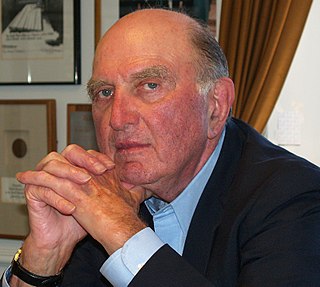A Quote by Noah Webster
The ecclesiastical establishments of Europe, which serve to support tyrannical governments, are not the Christian religion, but abuses and corruptions of it. The religion of Christ and his apostles, in it primitive simplicity and purity, unencumbered with the trappings of power and the pomp of ceremonies, is the surest basis of a republican government.
Related Quotes
The moral principles and precepts contained in the Scriptures ought to form the basis of all our civil constitutions and laws . . . The religion which has introduced civil liberty is the religion of Christ and his Apostles . . . This is genuine Christianity and to this we owe our free constitutions of government.
An alliance or coalition between Government and religion cannot be too carefully guarded against......Every new and successful example therefore of a PERFECT SEPARATION between ecclesiastical and civil matters is of importance........religion and government will exist in greater purity, without (rather) than with the aid of government.
Waiving the rights of conscience, not included in the surrender implied by the social state, & more or less invaded by all Religious establishments, the simple question to be decided, is whether a support of the best & purest religion, the Christian religion itself ought not, so far at least as pecuniary means are involved, to be provided for by the Government, rather than be left to the voluntary provisions of those who profess it.
The aggressive and quite illogical idea of a single religion for all mankind, a religion universal by the very force of its narrowness, one set of dogmas, one cult, one system of ceremonies, one ecclesiastical ordinance, one array of prohibitions and injunctions which all minds must accept on peril of persecution by men and spiritual rejection or eternal punishment by God, that grotesque creation of human unreason which has been the parent of so much intolerance, cruelty and obscurantism and aggressive fanaticism, has never been able to take firm hold of the Indian mentality.
In Europe, the Enlightenment of the 18th century was seen as a battle against the desire of the Church to limit intellectual freedom, a battle against the Inquisition, a battle against religious censorship. And the victory of the Enlightenment in Europe was seen as pushing religion away from the center of power. In America, at the same time, the Enlightenment meant coming to a country where people were not going to persecute you by reason of your religion. So it meant a liberation into religion. In Europe, it was liberation out of religion.


































